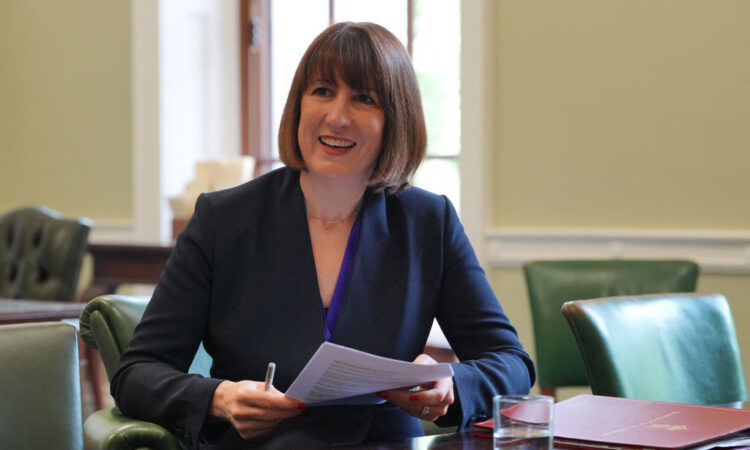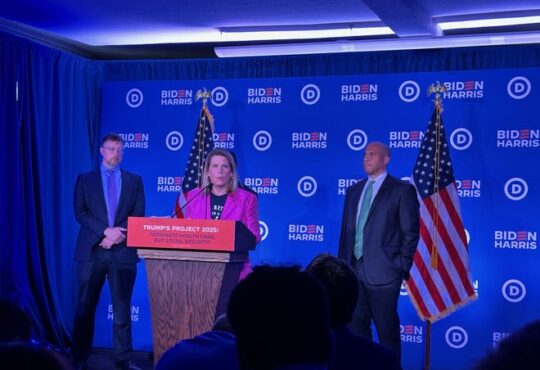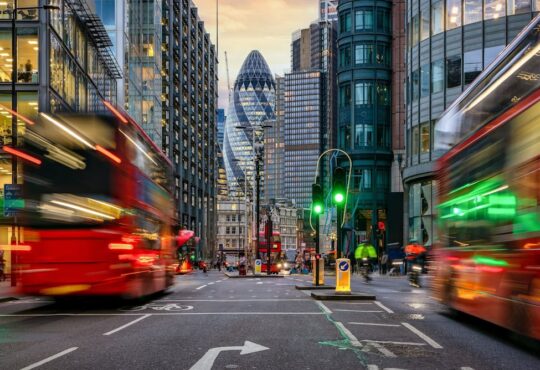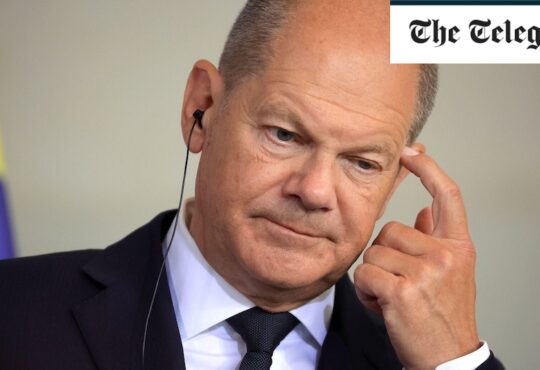
Another day, another small piece of good economic news. Today the International Monetary Fund has produced its World Outlook report for July, which revises UK growth for 2024 upwards, from 0.5 per cent to 0.7 per cent. This news follows on from last week’s monthly GDP update, which showed growth in May at 0.4 per cent – notably above economists’ predictions.
These are still not numbers to boast about. The IMF’s revision is still slightly below the 0.8 per cent the Office for Budget Responsibility predicted at the last Budget. But it shows the IMF’s downgrade for 2024 growth in April was too negative (it held its 2025 forecast for the UK at 1.5 per cent). The UK economy is slowly moving in the right direction. And while these growth rates are nowhere near enough growth to plug the multi-billion pound black holes in the public finances, it does seem that the dreary narrative around the UK economy – including its fall into recession at the end of last year – is lifting.
According to the IMF, Britain has gone from being towards the bottom of advanced economy rankings to sitting comfortably in the middle of the pack. This is still far off Labour’s promise to deliver the fastest sustained growth in the G7: the average growth rate for advanced economies this year is estimated to be 1.7 per cent. But it’s better to work your way up to the top from the middle – and Labour are going to benefit from economic updates coming down the track, including the slow and steady reduction in interest rates.
It’s worth noting that Labour has set itself a very ambitious target: the United States is forecast to grow by 2.6 per cent this year. Unlike trade wars, growth wars are no bad thing – but what Labour will have to do to significantly boost GDP is going to be politically challenging, even with its significant majority in Parliament. Building millions of new homes combined with a serious reduction in the NHS waitlist (and helping people with long-term sickness back to work) are two monumental tasks that the party has yet to give many details about how it will deliver.
A growth competition could get interesting. Over in the States, Donald Trump has just named JD Vance his vice presidential nominee, who takes a harder line on protectionism than Trump does, actively promoting tariffs. Were the Trump-Vance ticket to win, this could create an opportunity in Europe to present itself as a free-market alternative; it could also find itself in tricky territory trying to navigate trade with the US. All this will have an impact on GDP.
Starmer will have to navigate relationships abroad as well as public policy at home if he’s to get anywhere near the kind of growth figures he’s promised. But his supermajority has won him some time – something Rishi Sunak denied himself when he made his five pledges – including to get the economy growing, which he said would be achieved by the end of 2023.
No doubt had Sunak given himself a bit more time – and perhaps a later election – the economic story could have been framed slightly differently, and certainly more positively. A better economy this autumn is going to be a very helpful tool for the Labour party. But it is only the jumping-off point to deliver what Starmer has promised.






